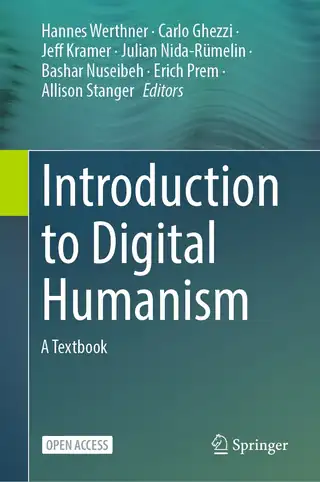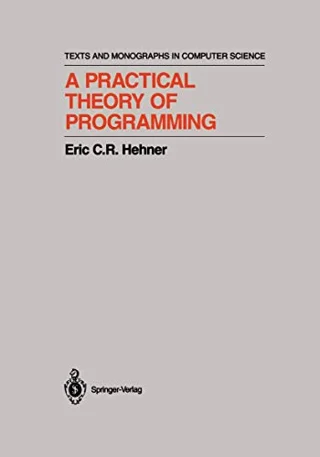Designed to meet the scope and sequence of your course, Introduction to Philosophy surveys logic, metaphysics, epistemology, theories of value, and history of philosophy thematically. To provide a strong foundation in global philosophical discourse, diverse primary sources and examples are central to the design, and the text emphasizes engaged reading, critical thinking, research, and analytical skill-building through guided activities.
Conditions of Use
![]() This book is licensed under a Creative Commons License (CC BY). You can download the ebook Introduction to Philosophy by OpenStax for free.
This book is licensed under a Creative Commons License (CC BY). You can download the ebook Introduction to Philosophy by OpenStax for free.
- Title
- Introduction to Philosophy by OpenStax
- Publisher
- OpenStax
- Author(s)
- Nathan Smith, OpenStax
- Published
- 2022-08-19
- Edition
- 1
- Format
- eBook (pdf, epub, mobi)
- Pages
- 409
- Language
- English
- ISBN-10
- 1711470783
- ISBN-13
- 9781711470788
- License
- CC BY
- Book Homepage
- Free eBook, Errata, Code, Solutions, etc.
Chapter 1 Introduction to Philosophy Introduction 1.1 What Is Philosophy? 1.2 How Do Philosophers Arrive at Truth? 1.3 Socrates as a Paradigmatic Historical Philosopher 1.4 An Overview of Contemporary Philosophy Summary Key Terms References Review Questions Further Reading Chapter 2 Critical Thinking, Research, Reading, and Writing Introduction 2.1 The Brain Is an Inference Machine 2.2 Overcoming Cognitive Biases and Engaging in Critical Reflection 2.3 Developing Good Habits of Mind 2.4 Gathering Information, Evaluating Sources, and Understanding Evidence 2.5 Reading Philosophy 2.6 Writing Philosophy Papers Summary Key Terms References Review Questions Further Reading Chapter 3 The Early History of Philosophy around the World Introduction 3.1 Indigenous Philosophy 3.2 Classical Indian Philosophy 3.3 Classical Chinese Philosophy Summary Key Terms References Review Questions Further Reading Chapter 4 The Emergence of Classical Philosophy Introduction 4.1 Historiography and the History of Philosophy 4.2 Classical Philosophy 4.3 Jewish, Christian, and Islamic Philosophy Summary Key Terms References Review Questions Further Reading Chapter 5 Logic and Reasoning Introduction 5.1 Philosophical Methods for Discovering Truth 5.2 Logical Statements 5.3 Arguments 5.4 Types of Inferences 5.5 Informal Fallacies Summary Key Terms References Review Questions Further Reading Chapter 6 Metaphysics Introduction 6.1 Substance 6.2 Self and Identity 6.3 Cosmology and the Existence of God 6.4 Free Will Summary Key Terms References Review Questions Further Reading Chapter 7 Epistemology Introduction 7.1 What Epistemology Studies 7.2 Knowledge 7.3 Justification 7.4 Skepticism 7.5 Applied Epistemology Summary Key Terms References Review Questions Further Reading Chapter 8 Value Theory Introduction 8.1 The Fact-Value Distinction 8.2 Basic Questions about Values 8.3 Metaethics 8.4 Well-Being 8.5 Aesthetics Summary Key Terms References Review Questions Further Reading Chapter 9 Normative Moral Theory Introduction 9.1 Requirements of a Normative Moral Theory 9.2 Consequentialism 9.3 Deontology 9.4 Virtue Ethics 9.5 Daoism 9.6 Feminist Theories of Ethics Summary Key Terms References Review Questions Further Reading Chapter 10 Applied Ethics Introduction 10.1 The Challenge of Bioethics 10.2 Environmental Ethics 10.3 Business Ethics and Emerging Technology Summary Key Terms References Review Questions Further Reading Chapter 11 Political Philosophy Introduction 11.1 Historical Perspectives on Government 11.2 Forms of Government 11.3 Political Legitimacy and Duty 11.4 Political Ideologies Summary Key Terms References Review Questions Further Reading Chapter 12 Contemporary Philosophies and Social Theories Introduction 12.1 Enlightenment Social Theory 12.2 The Marxist Solution 12.3 Continental Philosophy’s Challenge to Enlightenment Theories 12.4 The Frankfurt School 12.5 Postmodernism Summary Key Terms References Review Questions Index
Related Books








